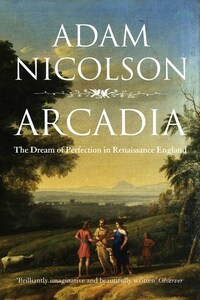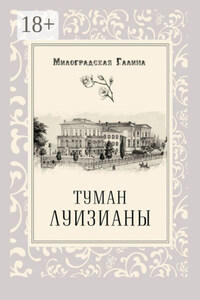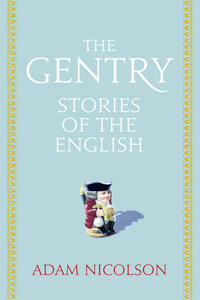THE DREAM OF PERFECTION IN RENAISSANCE ENGLAND
ADAM NICOLSON
Previously published as Earls of Paradise
Harper Perennial
An imprint of HarperCollinsPublishers Ltd. 1 London Bridge Street London SE1 9GF
www.harpercollins.co.uk
First published under the title Earls of Paradise in Great Britain by HarperCollinsPublishers in 2008
Copyright © Adam Nicolson 2008
Adam Nicolson asserts the moral right to be identified as the author of this work
A catalogue record for this book is available from the British Library
Family tree © HarperCollinsPublishers
All rights reserved under International and Pan-American Copyright Conventions. By payment of the required fees, you have been granted the nonexclusive, nontransferable right to access and read the text of this ebook on screen. No part of this text may be reproduced, transmitted, downloaded, decompiled, reverse engineered, or stored in or introduced into any information storage and retrieval system, in any form or by any means, whether electronic or mechanical, now known or hereinafter invented, without the express written permission of HarperCollins ebooks
HarperCollinsPublishers has made every reasonable effort to ensure that any picture content and written content in this ebook has been included or removed in accordance with the contractual and technological constraints in operation at the time of publication
Source ISBN: 9780007240531
Ebook Edition © JUNE 2015 ISBN 9780007372676 Version: 2016-12-07
From the reviews of Arcadia:
âFascinating. A brilliantly imaginative and beautifully written coup of scholarship ⦠Nicolson has written well about the English landscape before, but here he surpasses himselfâ
Observer
âA superb book, beautifully written, subtle, passionate, questioning, mind-altering and wiseâ
Daily Mail
âAn elegantly written and intellectually adventurous lament for an England that has long since disappeared. Nicolsonâs touch is just as sure with people as it is with places, we get a wonderful sense of everyday rural life in early modern Englandâ
Evening Standard
âNicolson is a terrific writer. The countryside scenery essential to his drama is described with transcendent sensitivityâ
Independent
âAdam Nicolsonâs heartfelt and eloquent book manages to convey the beauty of the idea while never losing sight of the mailed fist behind itâ
The Economist
For Susan Watt, with many thanks for so many years of guidance, support and wisdom
Arcadianism in Renaissance England 1520â1650
ENGLAND IN the sixteenth and seventeenth centuries dreamed of a lost world, an ideal and unapproachable realm of bliss and beauty. That realm had a name â Arcadia â and this book addresses the Arcadian ideal in three connected dimensions: across a long century â the arc of the English Renaissance from its birth in the 1520s to its death in the 1640s; through a family â the Earls of Pembroke, their wives and children, who were in the grip of that ideal over three generations, and whose standing, influence, wealth and appetite for beauty set them at the heart of English culture; and in a place â the great Pembroke estates at Wilton, spreading over 50,000 acres of the Wiltshire downs, a great house, its garden, many manors, villages, parks and hunting grounds in which something of the theatre of Arcadia could be played out. It is the story of a forgotten idealism flowering and then collapsing into the pain and brutality of civil war on the banks of a trout-filled Wiltshire chalkstream.
Looked at in a critical light, the world of the Pembrokes was one which none of us could tolerate now: it put the claims of social order far above any individual rights; it considered privacy, except for the highly privileged, a form of subversion; it was profoundly hierarchical and did not consider either people or the sexes equal; it tolerated vast excess and devastating poverty; it distrusted the idea of the market and would have loathed any suggestion, if anyone had made it, that market forces would somehow create social goods; it thought the poor worthy of pity if they remained within bounds and of punishment should they stray outside them; it distrusted the crown, not because the crown would erode individual freedoms but because it was intent on destroying older aristocratic privileges.









